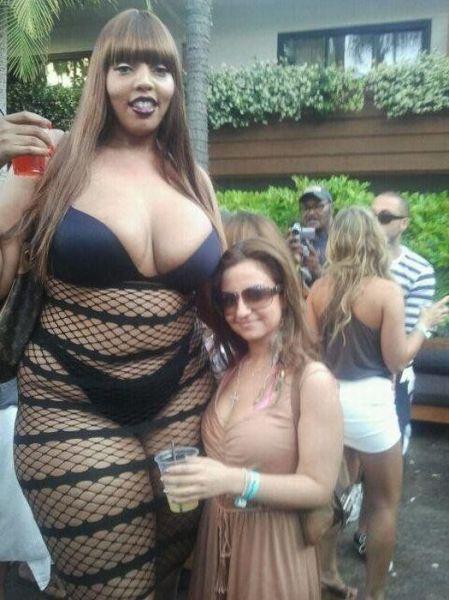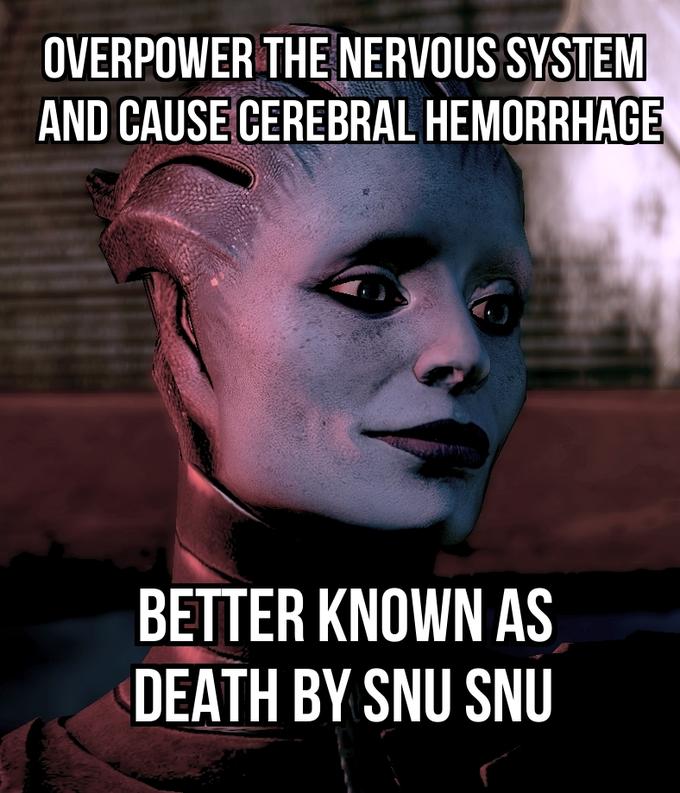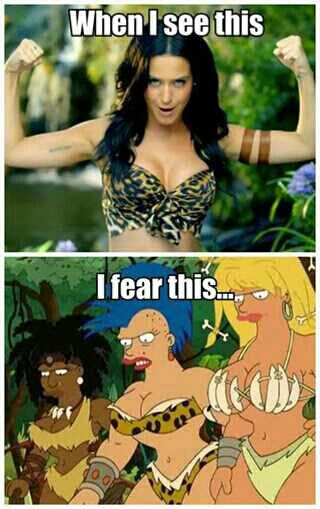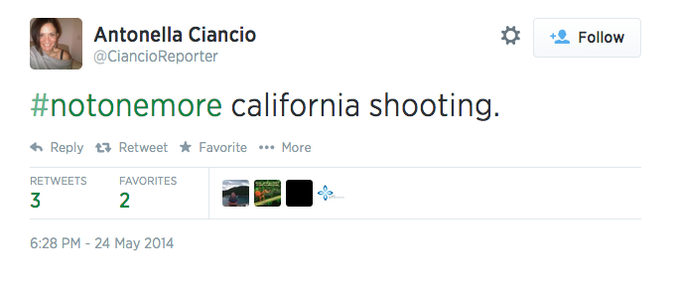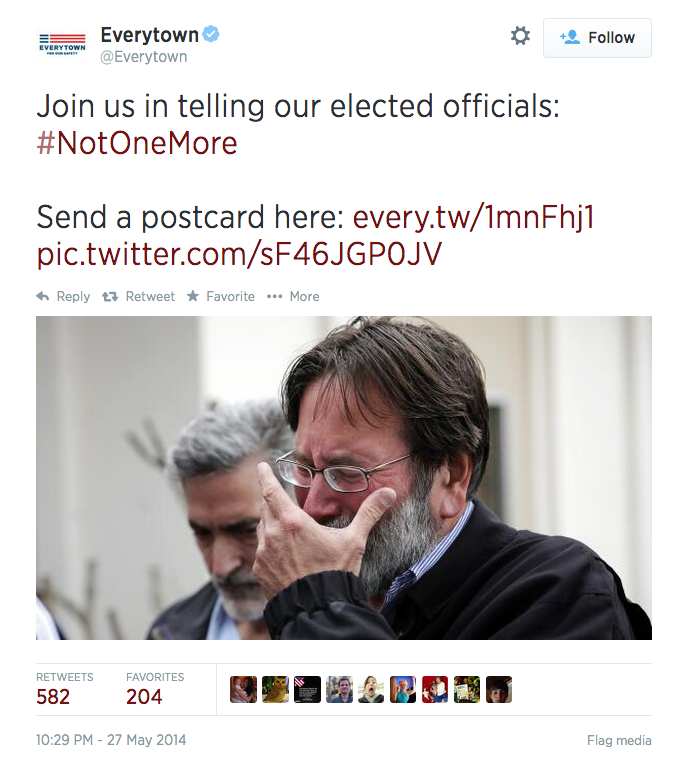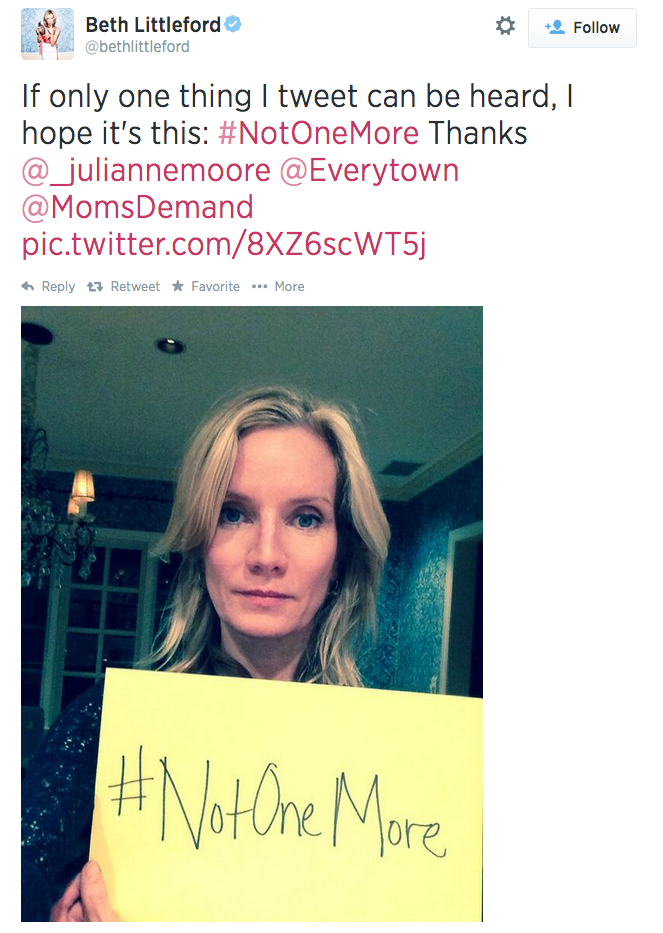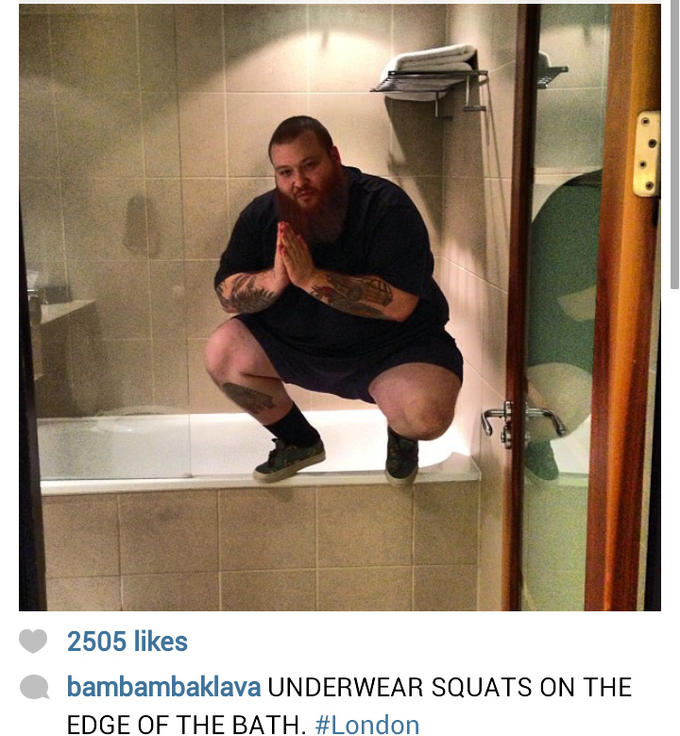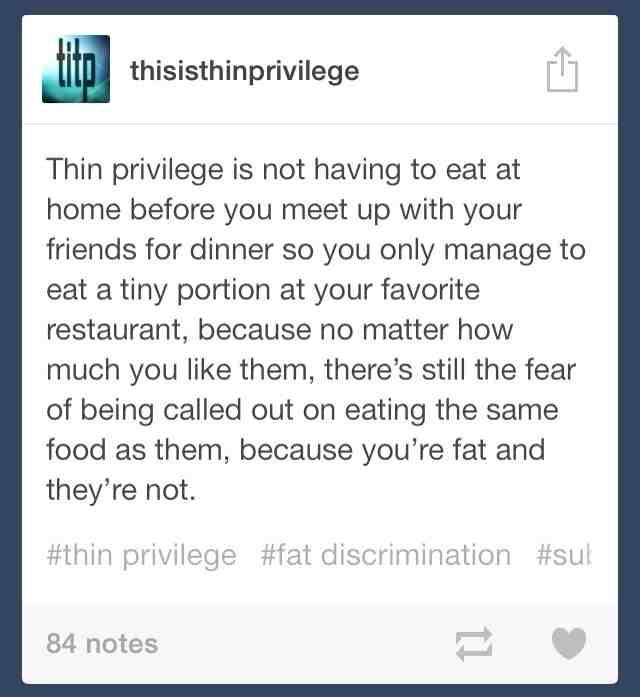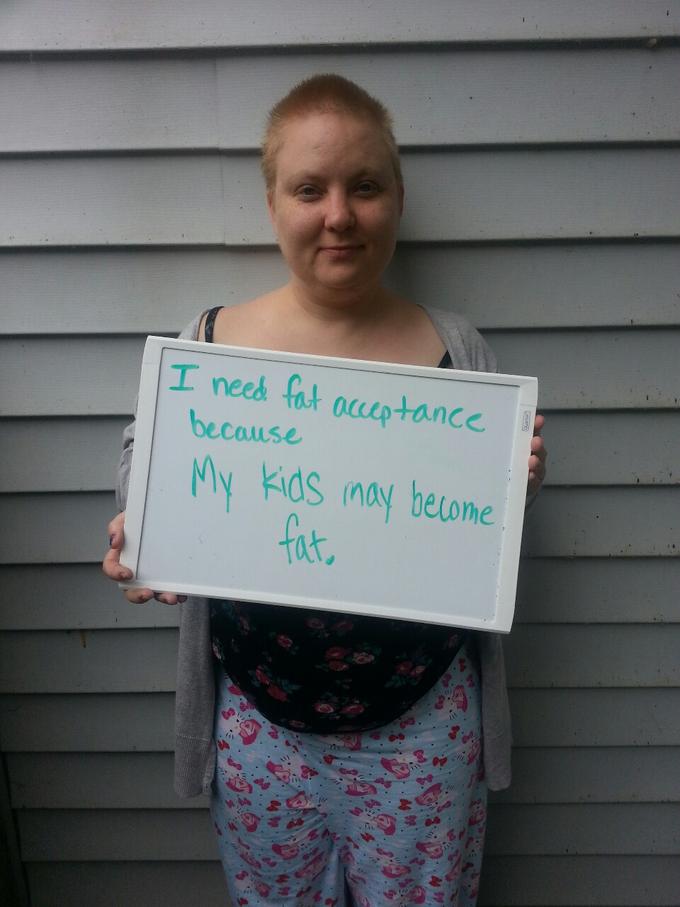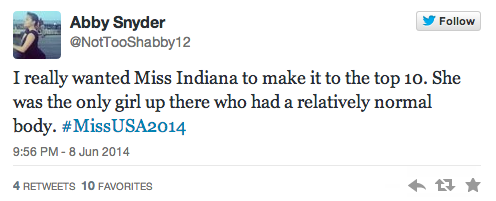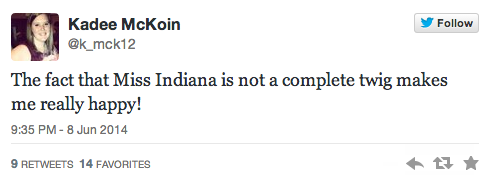About
The Fat Acceptance Movement is a social movement which aims to alter cultural biases and stigmas against obese people by combating fat-phobic attitudes in the news media, blogosphere and social media.
History
In 1967, the first wave of the fat acceptance movement was launched with a protest held at Central Park in New York City, where 500 activists demonstrated against anti-fat bias in society. In 1969, the non-profit civil rights organization National Association to Advance Fat Acceptance (NAAFA) was founded to improve quality of life for obese people by targeting discrimination against fat people. In 1973, a radical chapter of the NAAFA broke off to form the feminist group The Fat Underground. In 1979, BBW Magazine was launched by Carole Shaw as a lifestyle magazine for “big beautiful women.” In the 1988, the book Don’t Diet by Dale Atrens was published, which argued that being fat did not necessarily mean being unhealthy, also known as the “healthy at every size” (HAES) view of weight control. In 1989, the organization Allegro fortissimo was launched as the first French fat acceptance organization.
Fat Shaming
“Fat shaming” refers to the practice of mocking or insulting others for appearing overweight or obese. In the context of Internet humor and meme culture, fat shaming has been observed on popular forums and imageboards, such as 4chan, since as early as 2007 through expressions like “man the harpoons” and “a wild snorlax appears!” (shown below, left & center) In early 2010, the Fat Girl advice animal character surfaced on Reddit with captions shaming and mocking stereotypes that are often associated with obese people (shown below, right).
![]()
![]()
![]()
On May 17th, 2012, feminist YouTuber lacigreen uploaded a video titled “Fat Shame,” in which she criticized using the word “fat” as a pejorative, promoted the HAES approach to health and urged people to “love their body” (shown below). In the first two years, the video received more than 830,000 views and 6,500 comments.
In September that year, fitness blogger Maria Kang uploaded a studio portrait showing herself in a bikini suit with three of her children to her official Facebook page with the caption “What’s your excuse?” In the comments section of the post, many Facebook users praised the photo for being inspirational, while others criticized the message as fat shaming. On November 1st, Redditor HughMerlin submitted a Facebook screenshot titled “Swole Hate/Shaming on FB,” featuring a photograph of a man and women showing their abdominal muscles juxtaposed with disparaging comments made by Facebook users criticizing their appearance. Prior to being archived, the post garnered upwards of 1,000 upvotes and 220 comments on the /r/swoleacceptance subreddit.
![]()
On October 30th, 2013, YouTuber Philip DeFranco uploaded a video titled “Fat Shaming in America,” in which he criticized those who equated fitness inspiration to fat shaming (shown below). In eight months, the video gained over 600,000 views and 7,000 comments.
Criticisms
The movement has been criticized for promoting unhealthy lifestyles and ignoring medical science linking certain health issues with obesity. On May 9th, 2011, Canadian obesity specialist Dr. Arya Sharma published an article titled “What Obesity and Nicotine Addiction Do Have in Common,” which accused fat acceptance activists of using bad science to deny the health risks of obesity. On April 17th, 2013, the /r/fatlogic subreddit was launched where Redditors mock claims made by fat acceptance activists seen as irrational or unscientific. On June 17th, YouTuber scooby1961 uploaded a video titled “Fat Acceptance,” in which he argues against common claims made by the fat acceptance community (shown below).
On April 22nd, 2014, Thought Catalog published an article titled “6 Things I Don’t Understand About the Fat Acceptance Movement,” which argued that body positivity campaigns should focus on health, people should be allowed to be attracted to certain body types and that childhood obesity should not be tolerated.
Online Presence
On August 10th, 2003, the fat acceptance blog Red No.3 was launched. On October 20th, 2009, the /r/fatacceptance subreddit was created for discussions related to the fat acceptance movement. On May 27th, 2012, the /r/swoleacceptance subreddit was launched as a parody of the fat acceptance movement, featuring anecdotes involving discrimination toward fit and muscular people. On June 4th, the single topic blog “This is Thin Privilege” was launched on Tumblr, which features posts pointing out perceived advantages thin people have over those that are considered overweight or obese (shown below).
![]()
![]()
On July 20th, 2013, the “I Need Fat Acceptance” Tumblr blog was created to highlight photographs of people holding signs with messages describing why they need the fat acceptance movement (shown below). On September 25th, several examples from the blog were mocked in a post on the /r/TumblrInAction subreddit, gaining upwards of 500 upvotes and 430 comments prior to being archived.
![]()
![]()
![]()
Related Memes
When Did This Become Hotter Than This
“When Did This Become Hotter Than This?”:http://knowyourmeme.com/memes/when-did-this-become-hotter-than-this is an image macro series comparing two sets of photographs featuring celebrities or famous subjects from two distinct time periods or generations. What began as a commentary on the ever-changing definition of beauty across generations, eventually led to online debates regarding the controversial issue of body images and even expanded across areas outside of celebrities, such as cute animals and inanimate objects.
![]()
Body Retouching
Beauty retouching, or the use of Photoshop in advertisements and magazine covers, has been widely criticized on the web in the form of anti-manipulation campaigns and time-lapse videos by those in the fat acceptance movement.
Search Interest
External References
